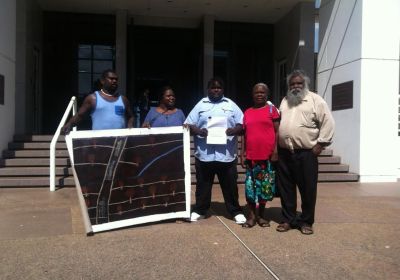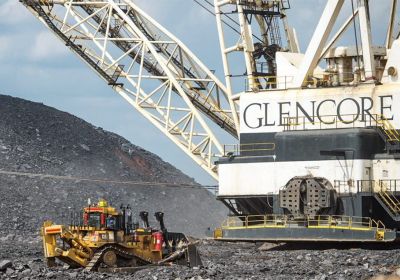
The Environmental Defenders Office and Lock the Gate Alliance said Glencore and Yancoal’s decision to withdraw one of two open-cut coal mine expansions in the Hunter Valley is good news, but not the end of the matter. Kerry Smith reports.

The Environmental Defenders Office and Lock the Gate Alliance said Glencore and Yancoal’s decision to withdraw one of two open-cut coal mine expansions in the Hunter Valley is good news, but not the end of the matter. Kerry Smith reports.
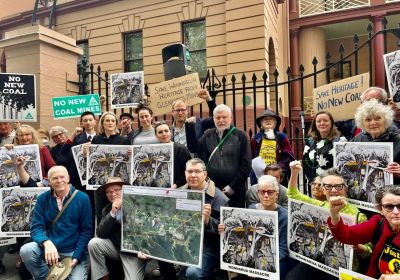
First Nations cultural heritage is under threat from multinational mining company Glencore’s coal mine expansion at the site of one of the Frontier Wars at Glendell, reports Pip Hinman.
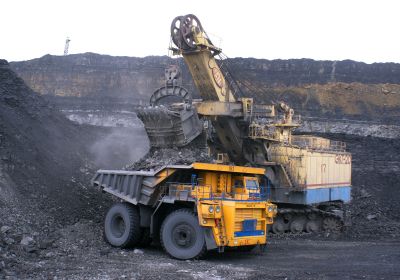
Mining giant Glencore wants to expand open-cut coal mining in the Hunter Valley despite objections from the Plains Clan of the Wonnarua People and the New South Wales Heritage Council. Jim McIlroy reports.
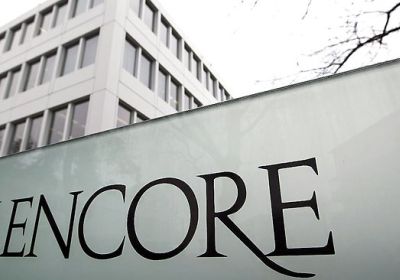
The Australian operations of mining giant Glencore have been implicated in the Paradise Papers revelations – the largest leak of documents in history.
The Paradise Papers show that Glencore was involved in currency swaps of up to $25 billion between the Bermuda-based and Australian-based arms of its company.
While theoretically "legal”, these types of swaps are being investigated by the Australian Tax Office under suspicion they may be used to avoid tax by shuttling interest payments from high-tax nations to low-tax jurisdictions.
 A multi-generational delegation from the Borroloola Aboriginal community in the Northern Territory's Gulf Country were front and centre at a protest outside global mining giant Glencore's Sydney headquarters on May 19.
The protesters demanded that Glencore close its McArthur River mine and rehabilitate the site as well as the river and the surrounding land, on which they have traditionally relied for food.
A multi-generational delegation from the Borroloola Aboriginal community in the Northern Territory's Gulf Country were front and centre at a protest outside global mining giant Glencore's Sydney headquarters on May 19.
The protesters demanded that Glencore close its McArthur River mine and rehabilitate the site as well as the river and the surrounding land, on which they have traditionally relied for food.
